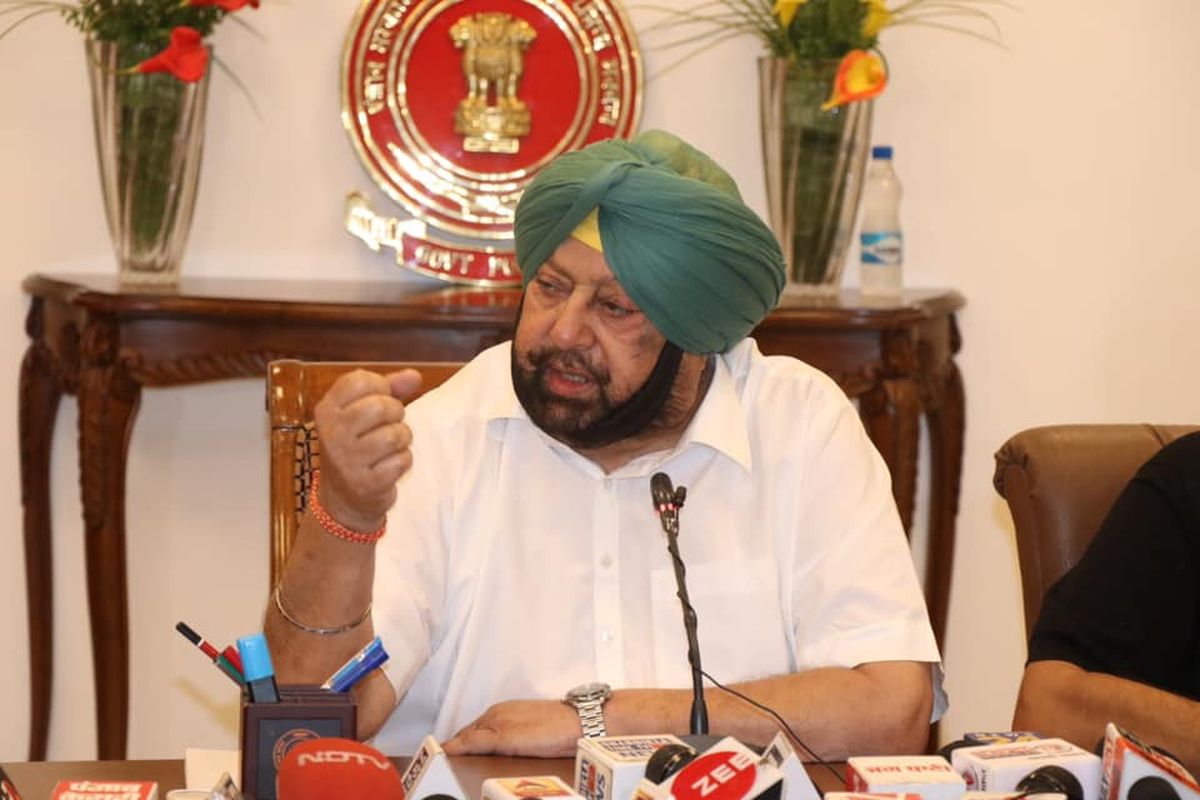Punjab: Five veterinary officers dismissed
In a bold move to address negligence and absenteeism, Punjab Animal Husbandry Department on Thursday terminated the services of five veterinary officers with immediate effect.
The Chief Minister said he would soon convene an all-party meeting to evolve a comprehensive strategy to arrest the reckless use of groundwater in the state, and to change the cropping pattern to ensure water conservation.

Punjab Chief Minister Amarinder Singh. (Photo: SNS)
Punjab Chief Minister Amarinder Singh on Monday ruled out any change in the date of transplantation of paddy in the state from June 20 to June 1.
Replying to a question, Amarinder Singh told the Assembly, “The transplantation date had been advanced to June 13 this year only on an experimental basis and there is no proposal under my government’s consideration for permanently altering the date of transplantation of paddy.”
The Chief Minister said that he would soon convene an all-party meeting to evolve a comprehensive strategy to arrest the reckless use of groundwater in the state, and to change the cropping pattern to ensure water conservation.
Advertisement
He appealed to all parties to rise above political affiliations and unite in the face of Punjab’s critical water situation.
Amarinder Singh pointed out that the state was facing acute shortage of water and cited the Dynamic Ground Water Estimation Report 2017, published in 2019, to observe that the number of blocks falling under over-exploited category (where groundwater abstraction exceeds recharge) stood at 109 out of the 138 blocks studied in the state.
The groundwater level is depleting in about 85 per cent of the state and the average rate of fall of water level is about 50 cm per year, he added.
Replying to a question raised by MLA Kultar Singh Sandwan, the Chief Minister informed that earlier long-duration varieties of paddy were sown in the state but newly introduced short to medium duration varieties of paddy by the Punjab Agricultural University (PAU), were taking fewer days to mature and required lesser irrigation.
These new paddy varieties like PR 126, PR 124, PR 127, PR 121 and PR 122 were now being sown in 83 per cent of the area and were maturing, on an average, in 110 days, he said, adding that marketing of these varieties was not a problem either.
Advertisement